For several months, Joe Burk, aka Wavicle, has been working on a “Super Peripheral” named “Calypso” designed to address the most common complaints about the X16. These issues include:
- Lack of networking capabilities
- The tedious process of moving the SD card from the X16 to a computer
- No support for USB keyboards or mice
- Various complaints about the lack of a serial port
Joe’s third revision boards have returned from manufacturing, and he is beginning to feel that the path to a final product is becoming clearer. This peripheral is designed to sit on top of VERA without consuming an expansion slot, allowing it to be used to unbrick a bricked VERA.
The WiFi networking feature is functional, enabling both the airdropping of files onto the microSD card using WebDAV and connecting to internet-connected BBSes via raw sockets. Networking is managed by an ESP32-S3, and speed tests indicate that file transfer speeds peak at around 200-300 KiBps, which seems to be a limitation of the SD card (with the X16 transfer speed also maxing out at around the same rate under ideal conditions). Methods to increase these speeds are currently being explored.
A single USB keyboard or mouse is supported at this time; Joe believes that once USB hub firmware support is provided by Espressif, simultaneous keyboard and mouse use should be possible. However, USB controllers are not yet supported.
The ESP32-S3 radio also supports Bluetooth, so Bluetooth keyboards, mice, and controllers could potentially be supported if someone with the appropriate ESP32 firmware expertise contributes to adding that support.
The serial port signals are connected to an RS232 transceiver, converting from 3.3V signaling to +/- 5V signaling. Although the firmware to support the serial port has not been written yet, Joe does not anticipate any issues. The transceiver is capable of speeds up to 1 Mbps.
Joe plans to offer a limited number of these revision 3 boards to members of the community who are interested in testing them and are willing to accept the risks associated with prototype hardware. These risks include the possibility that the project may not generate enough interest, the final version may have software incompatibilities, and features intended to work may have hardware bugs that render them unavailable.


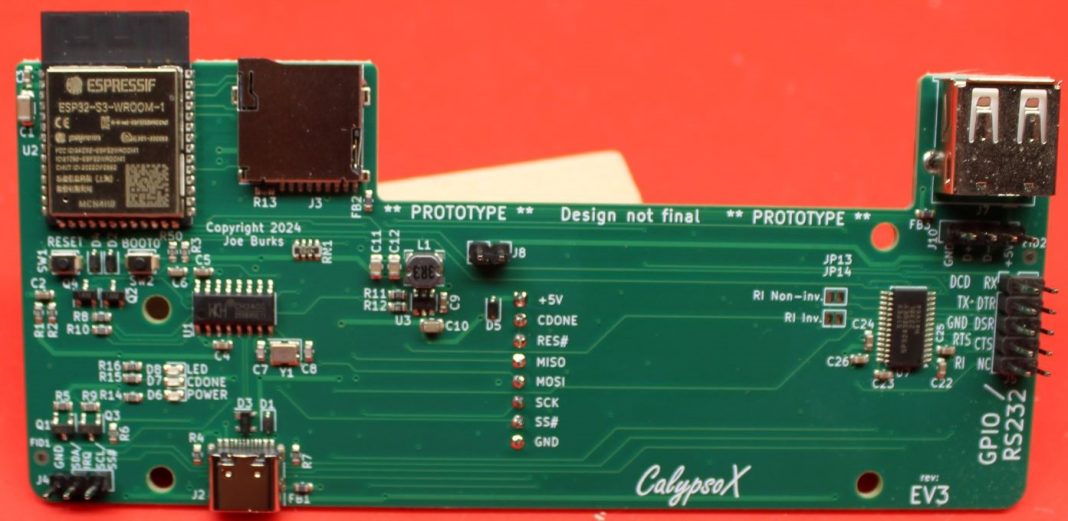
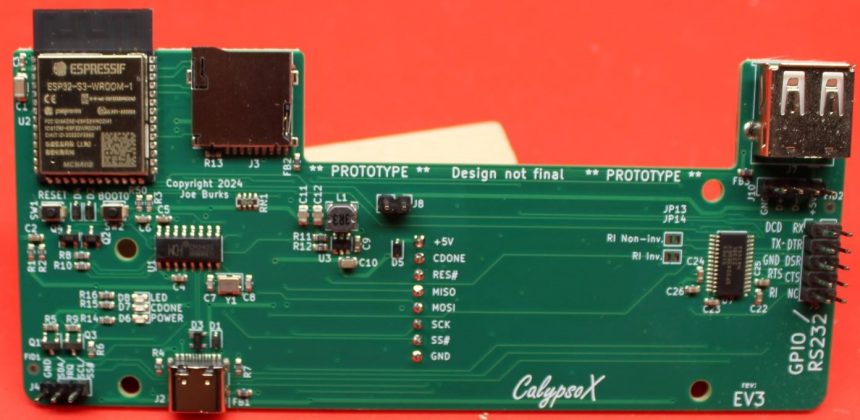
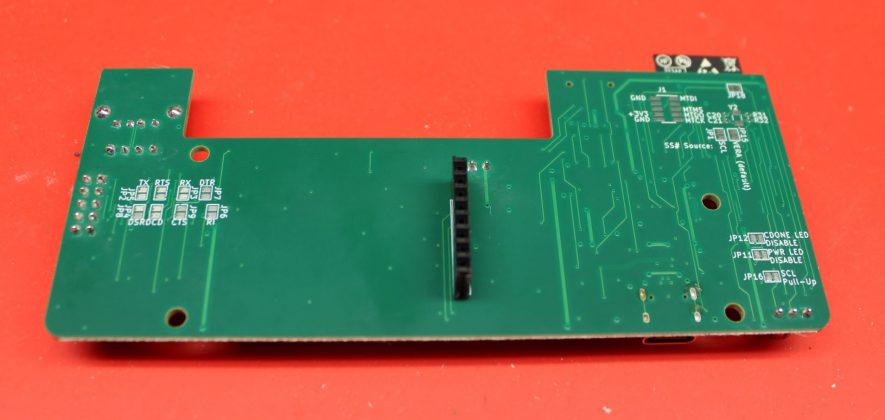
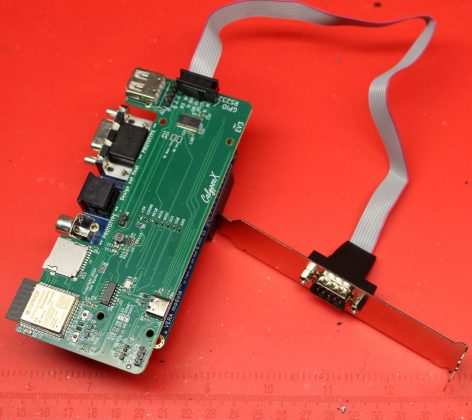
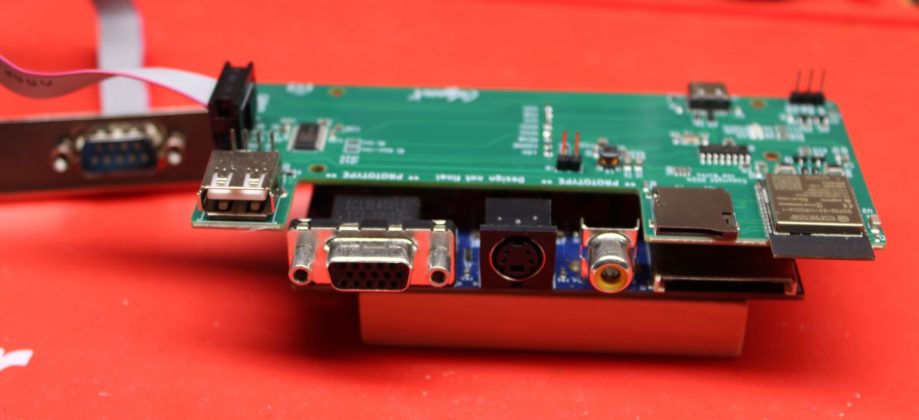




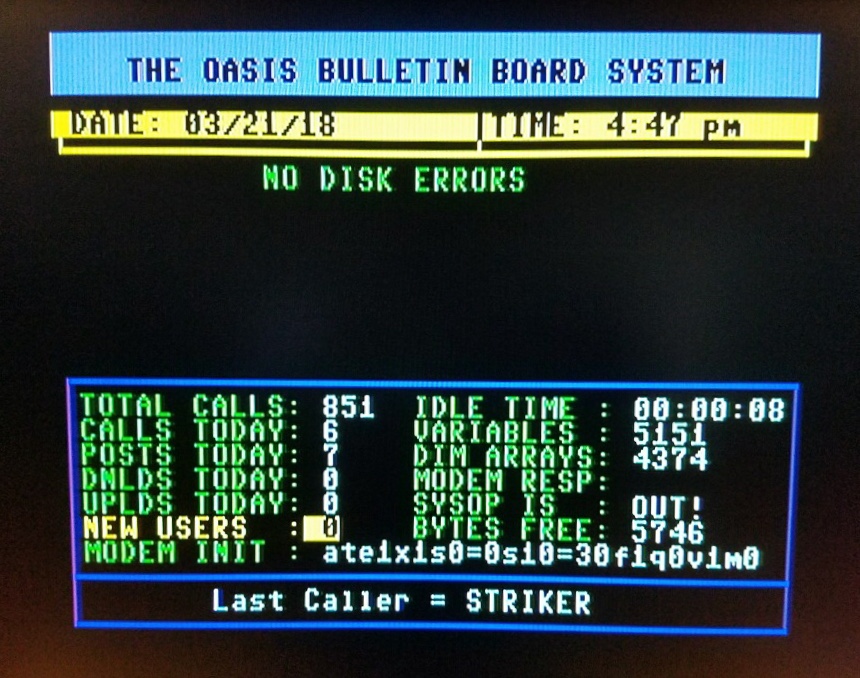
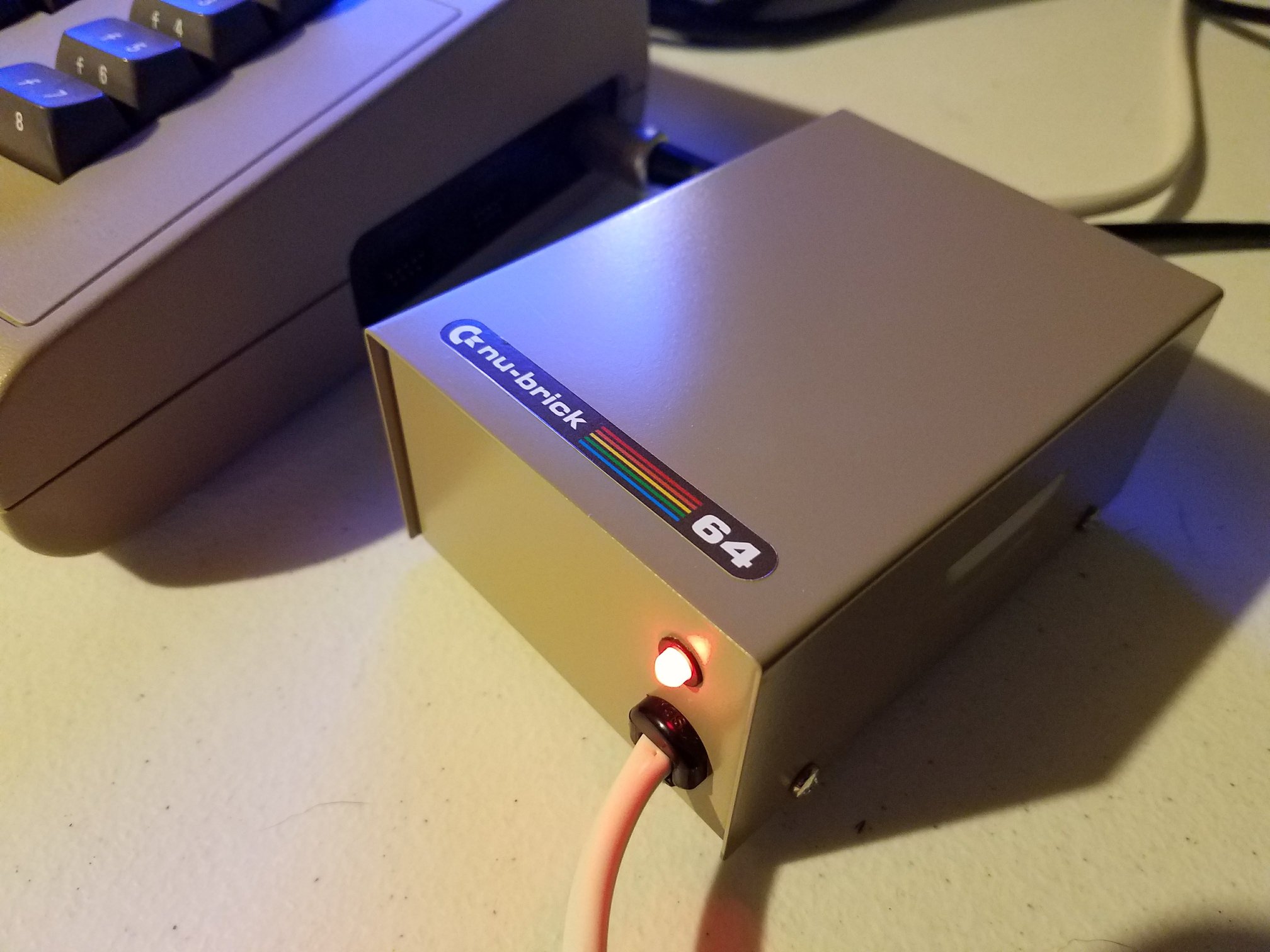
Where can I get more information about this board?
@slucasinjomo you will want to check out his Tindie page. He sells it there.
https://www.tindie.com/products/wavicle/calypso-multi-peripheral-for-x16-and-otterx/